Details
Having their own cooperative is crucial for indigenous communities for several reasons:
1. Economic Empowerment: Cooperatives allow farmers to pool resources, share knowledge, and access better markets, leading to improved economic stability for their families and communities.
2. Cultural Preservation: By managing their own production, indigenous peoples can maintain their traditional agricultural practices and protect their cultural heritage.
3. Sustainability: Indigenous cooperatives often prioritize sustainable farming methods that benefit the environment and promote biodiversity.
4. Community Strength: Cooperatives foster a sense of solidarity and cooperation among members, strengthening community ties and collective decision-making.
The emphasis on the cacao being produced by 100% Peruvian people underscores the importance of local involvement and ownership in the entire production process. This not only creates jobs and sustains livelihoods but also ensures that the benefits of the cacao trade remain within the community. By supporting indigenous farmers, consumers can contribute to the preservation of their culture and the sustainability of their practices, making each purchase a meaningful choice.
What is the difference between ceremonial grade cacao and regular cacao
Ceremonial grade cacao differs from regular cacao primarily in its quality, sourcing, and intended use. Ceremonial grade cacao is made from high-quality, minimally processed beans, without conching or tempering, often sourced from specific regions and harvested with traditional methods. It is typically used in rituals and spiritual practices. In contrast, regular cacao may undergo more extensive processing, resulting in lower quality and is commonly used in commercial products like chocolate bars or snacks. The focus of ceremonial cacao is on its rich flavor and cultural significance, while regular cacao prioritizes mass production and convenience.

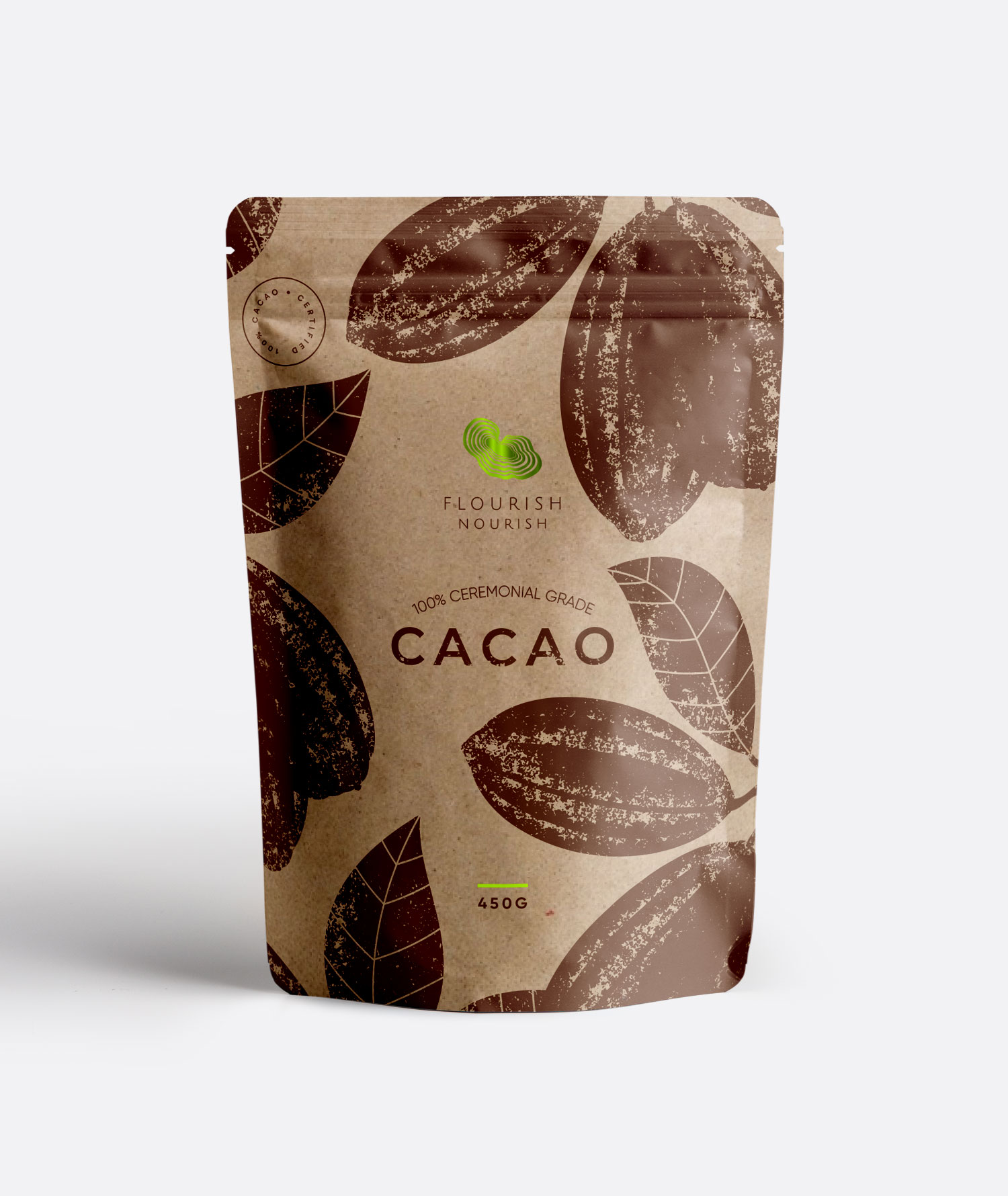
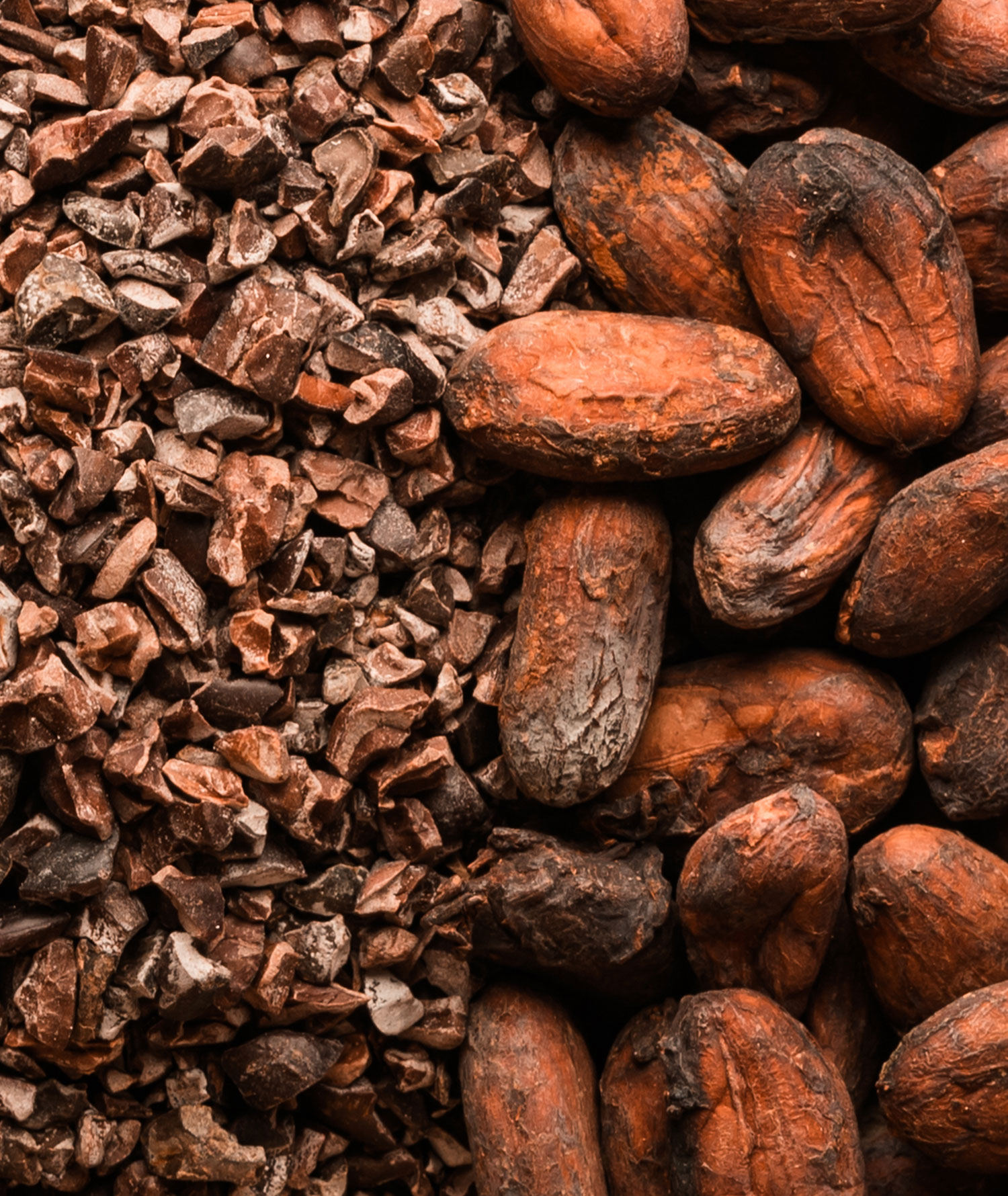

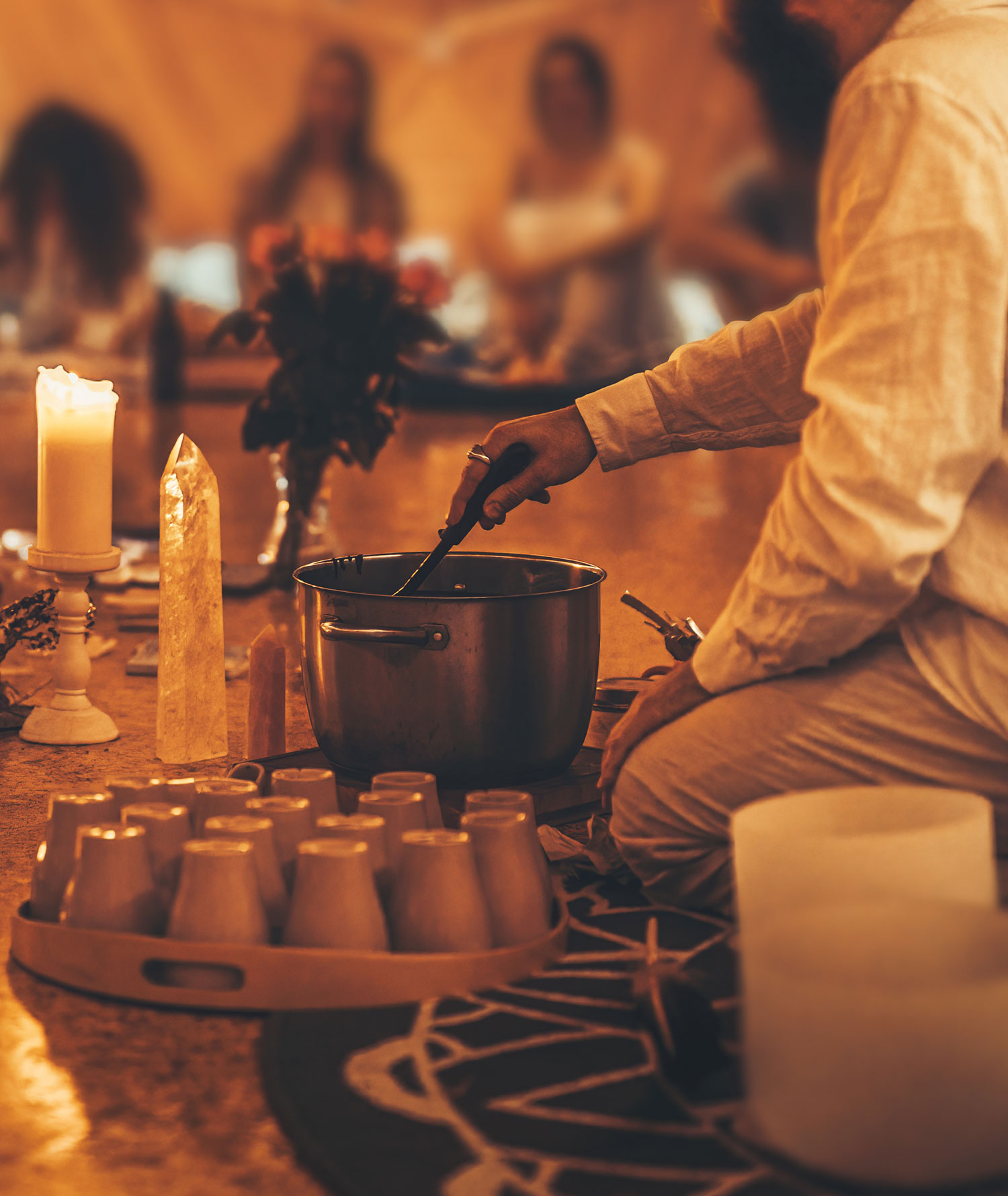



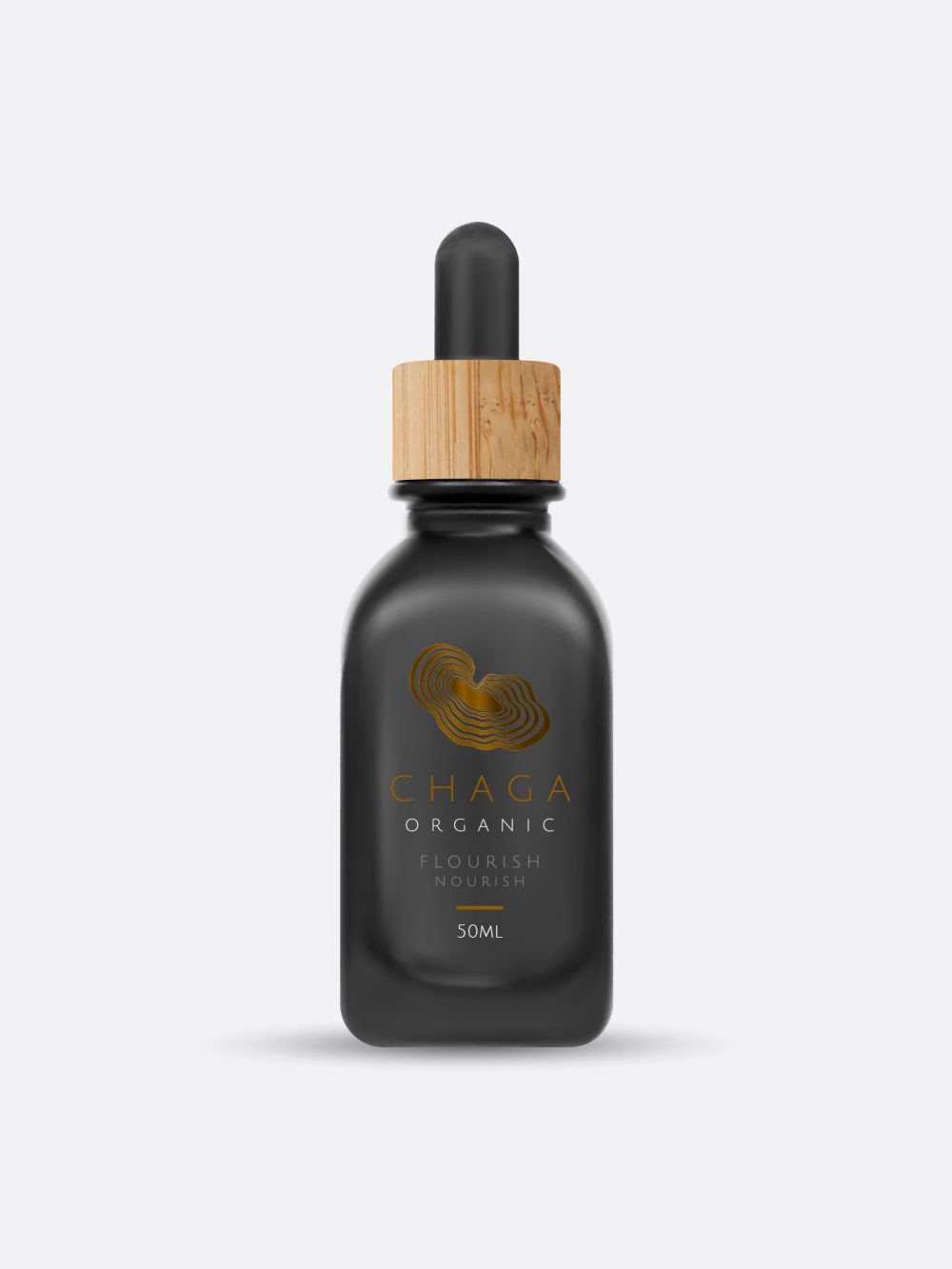


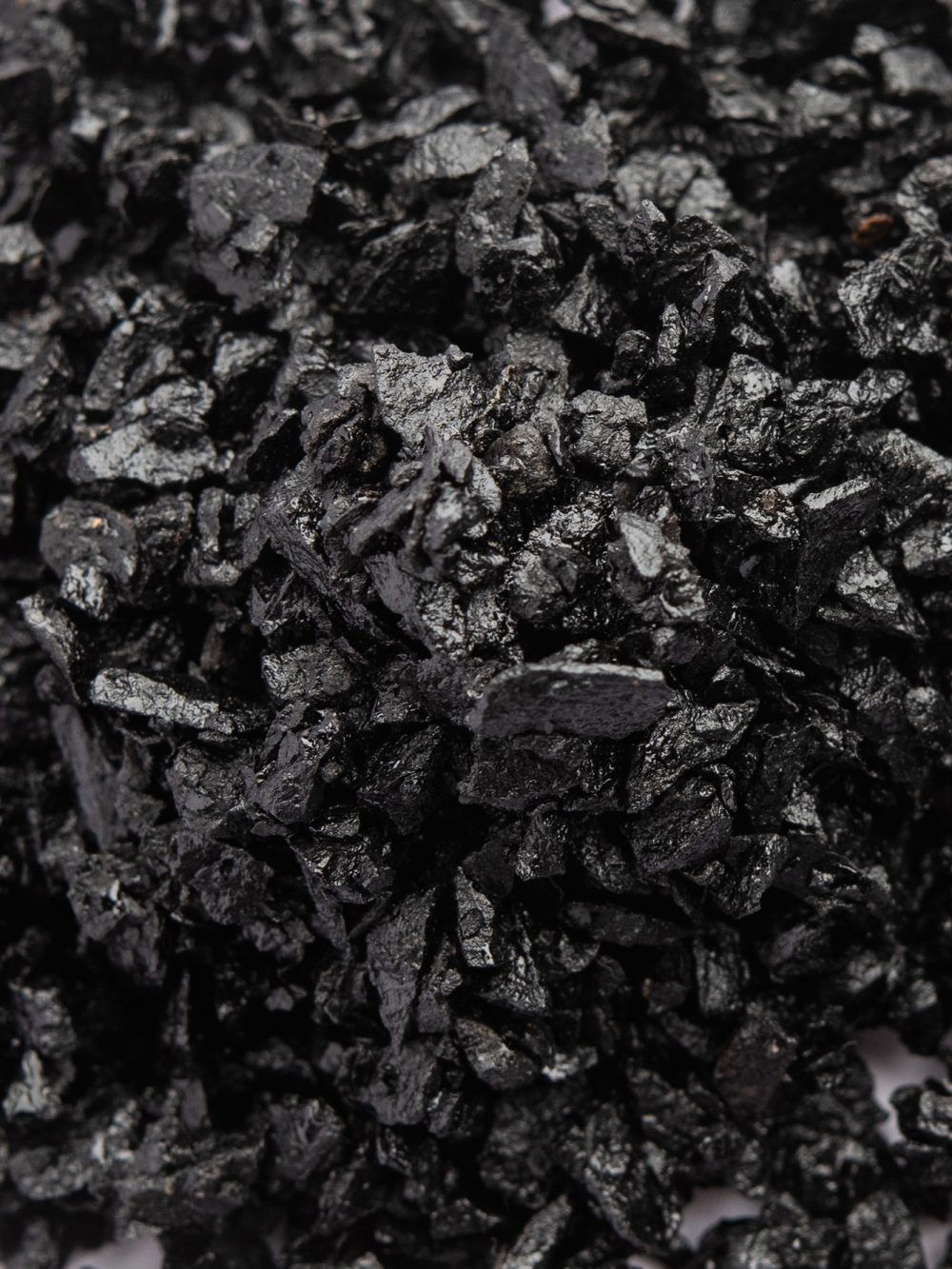
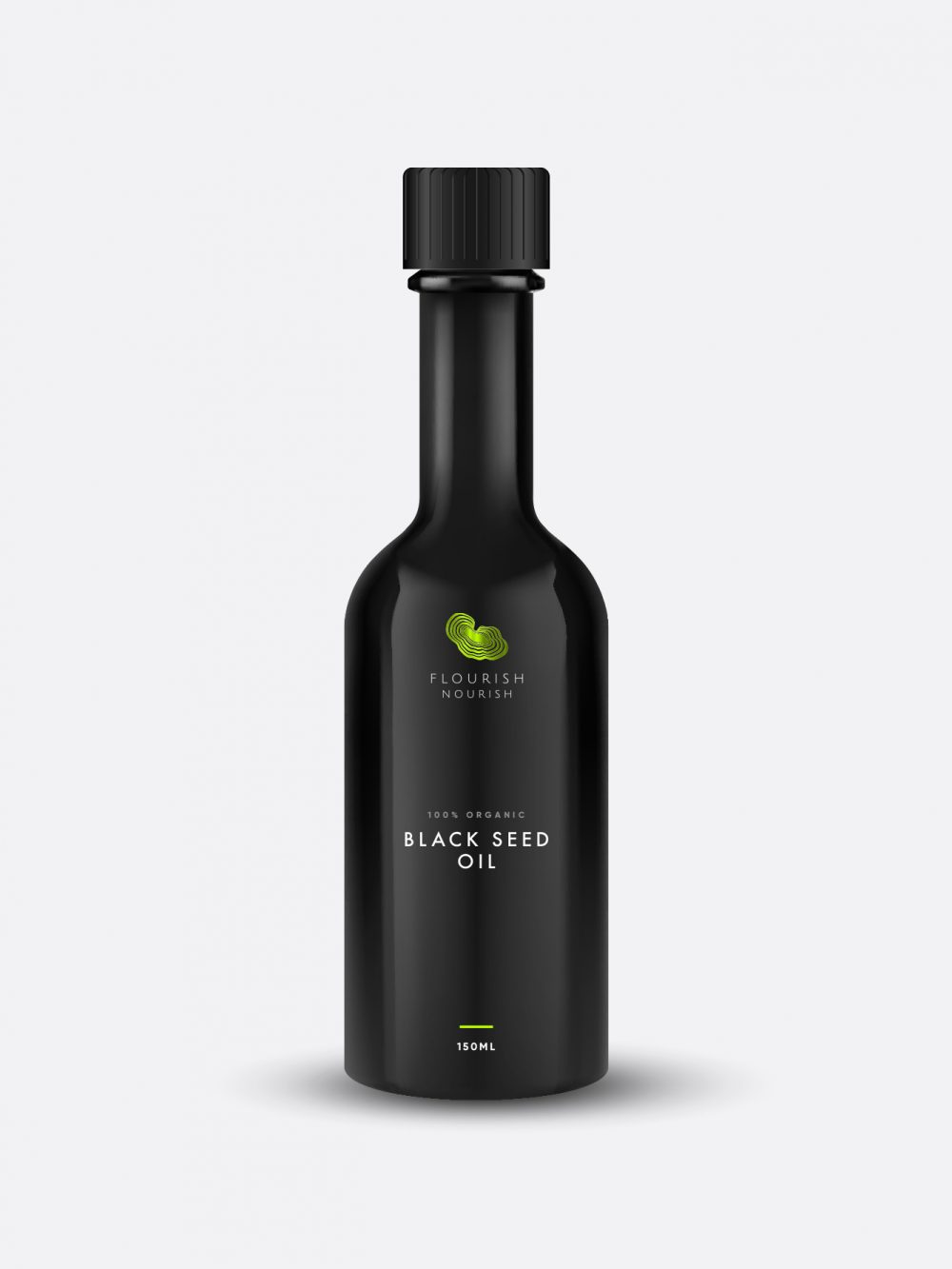
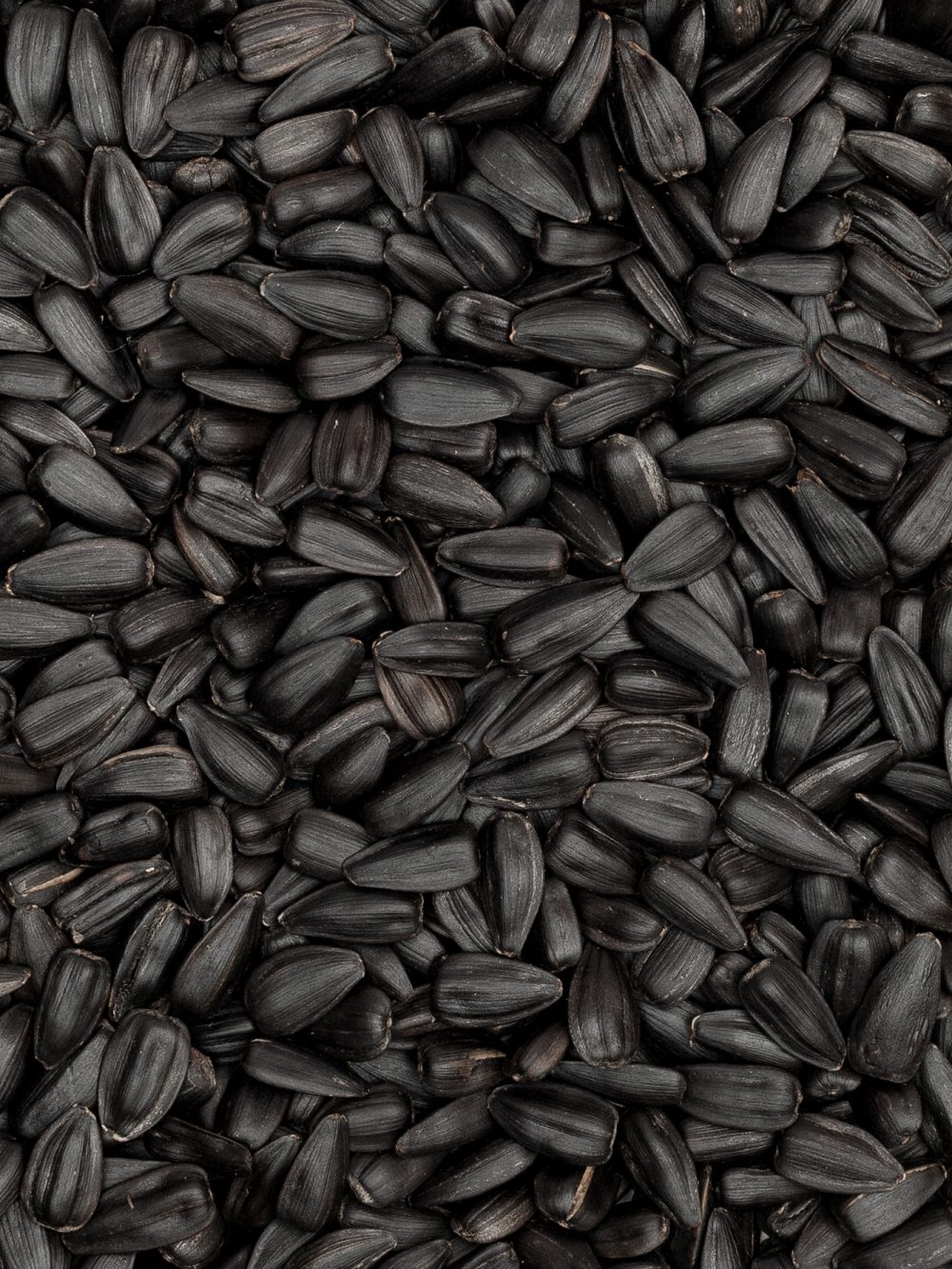




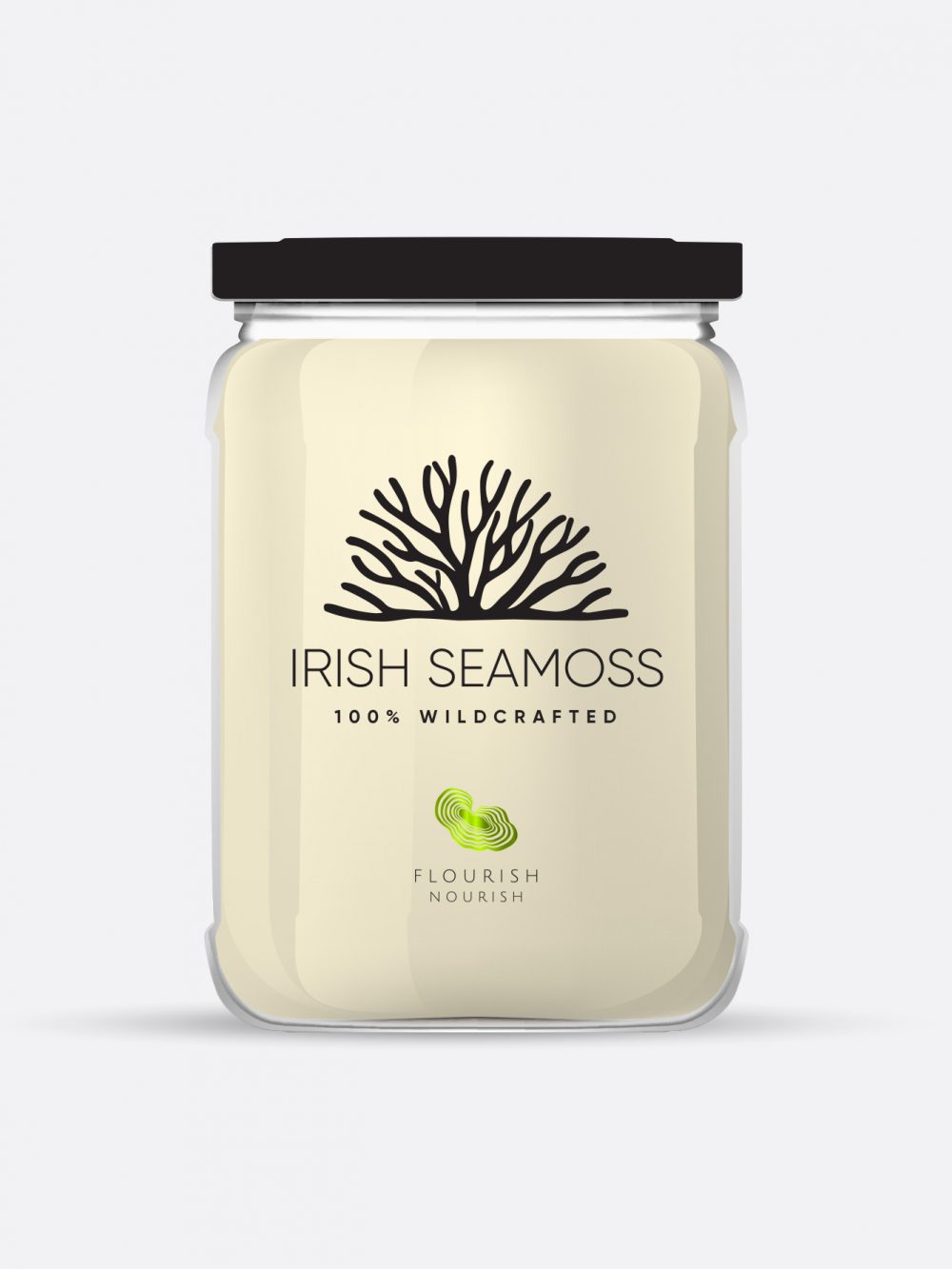




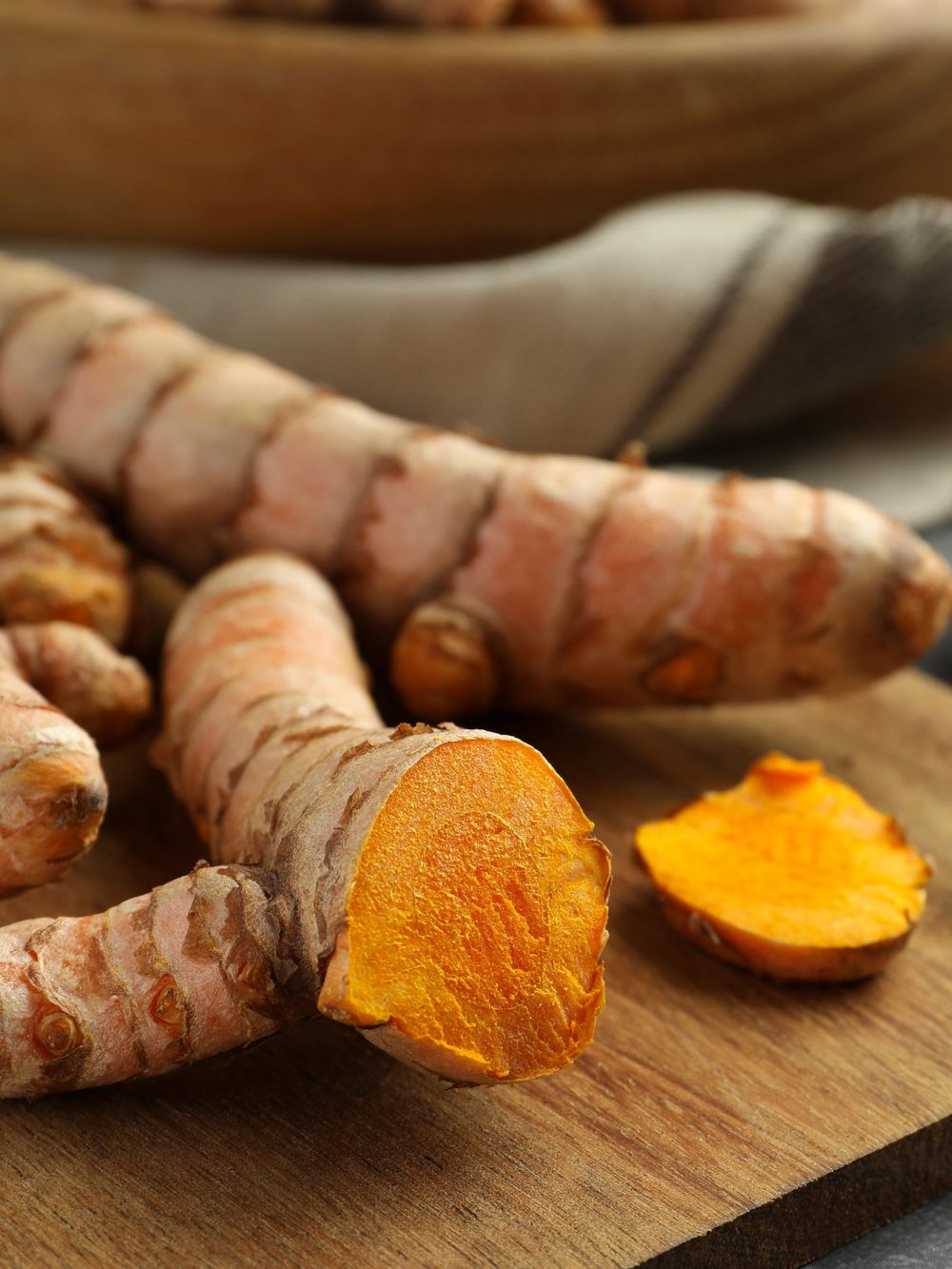
There are no reviews yet.